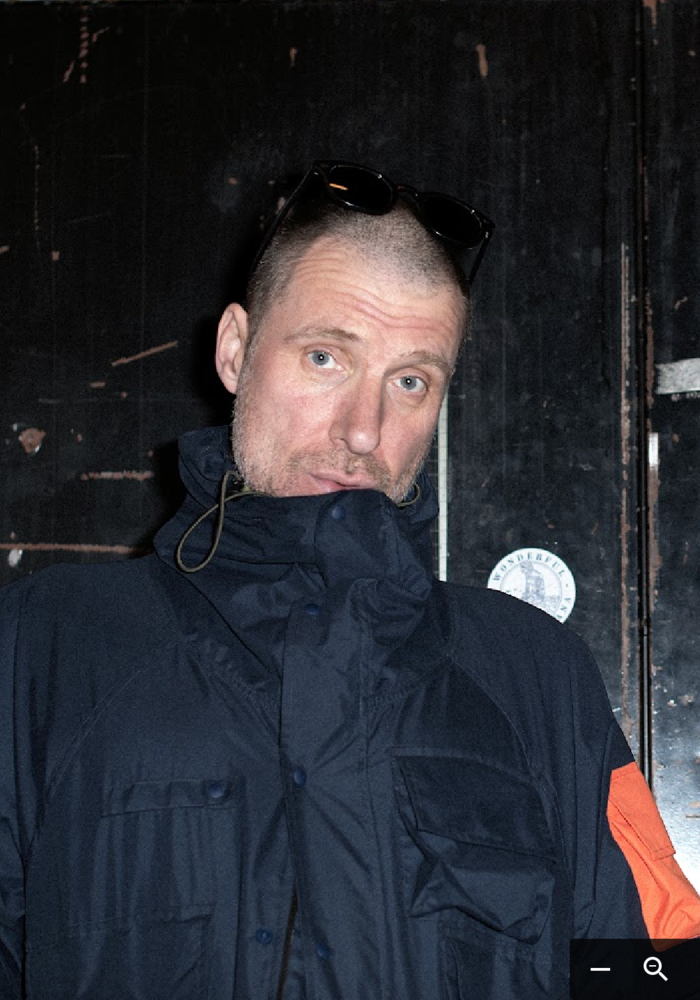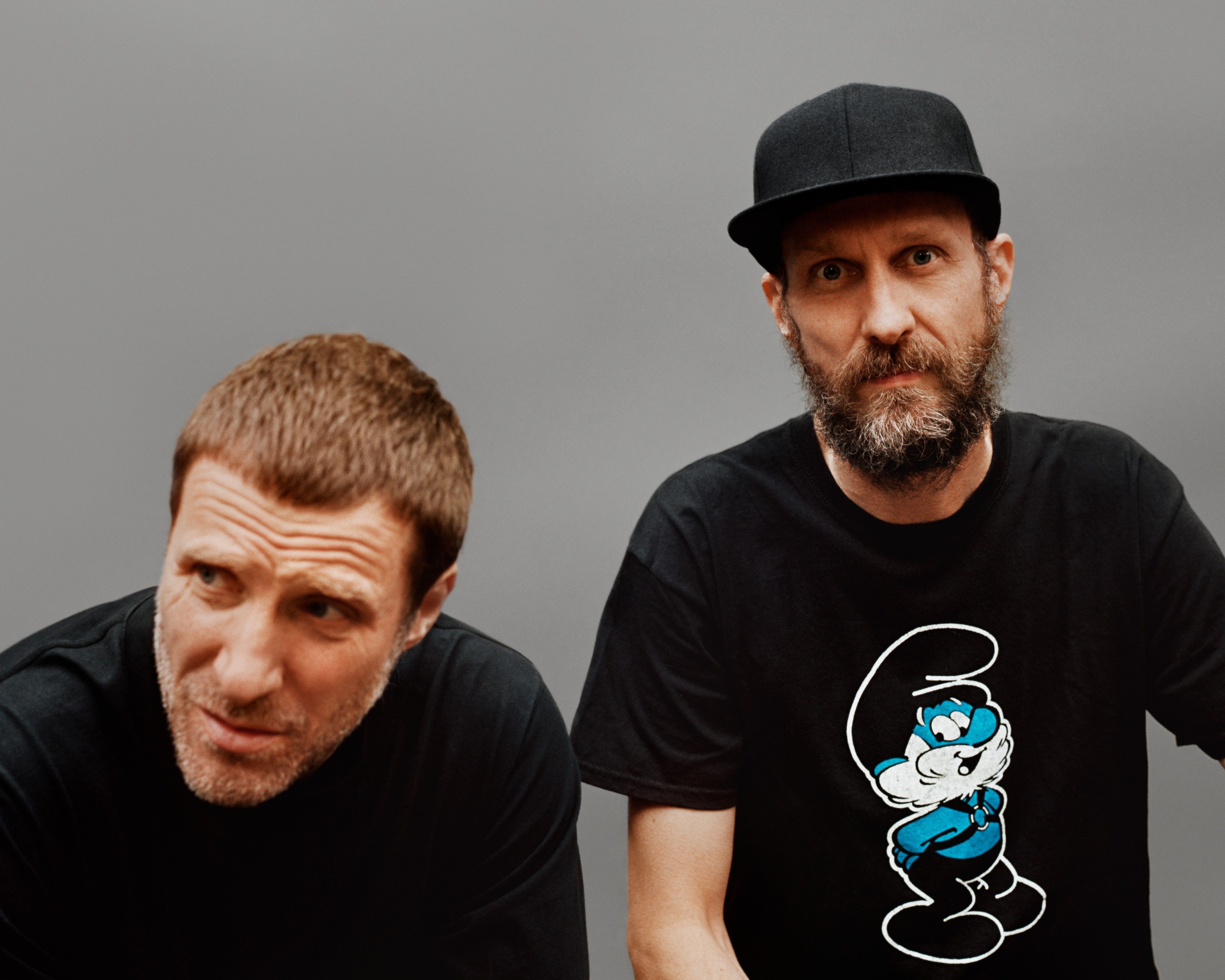Last month, Sleaford Mods graced the stage of Nottingham venue The Chameleon as part of this year’s National Lottery Revive Live Tour, which sees artists performing in intimate venues across the country to support grassroots music venues. Headliner caught up with frontman Jason Williamson to talk the band’s early days on the grassroots circuit, how they broke out of it to become one of the most unlikely success stories of the past 10 years, and why such venues are a “salvation” for so many independent artists…
Now in its third year, the 2022 National Lottery Revive Live Tour sees the likes of The Amazons, Lianne La Havas, The Coral, Paolo Nutini, Charli XCX, and, of course, Sleaford Mods, performing one-off shows in support of the grassroots sector. Held in partnership with the Music Venue Trust, The National Lottery is covering all touring costs and production fees for the shows.
In an in-depth, typically frank, and insightful interview, Williamson fills Headliner in on everything from how Sleaford Mods came to be involved in the campaign and their early gigs on the grassroots circuit they strove to break out of, to playing Glastonbury for the fourth time and the “bulletproof brand” of Iggy Pop and Liam Gallagher…
When did you first become aware of the National Lottery Revive Live campaign, and how did you get involved?
This was the first time we’d come across it, but it was a no-brainer in the sense that The Chameleon is having a spot of bother. The building has been put up for sale for a while, so any sort of lift we could give them, we wanted to. That’s where me and Andrew [Fearn] met, it was the only place in Nottingham at the time 10 years ago that would give Sleaford Mods any kind of a shelter, so to speak. We really had to work hard to get gigs at most other places. People just couldn’t get their heads around it.
This gig is primarily to help The Chameleon out, but also to bring a bit more consciousness to the idea of grassroots venues. There wasn’t a lot of love lost when we left that environment, but these places are important for bands that come through and need that sense of salvation. A lot of the people who run these venues have a really open mind about music and creativity, so it’s important to keep that psychology going as well as the actual venues.
Do you think the plight of grassroots venues is overlooked by the industry, particularly by those who might be able to make a difference?
Yes, there is a lot of naivety and a lot of disinterest. And that’s us included to a certain degree, because we are now playing the echelons of stadiums and bigger positions at festivals and headline slots that are taking in arenas, and you get swept away with that. So, although you can bring some consciousness to the subject because you have your following on social media, and it does go into their heads for two seconds, primarily you’re at the mercy of fate. We’re not going to spend all of our time campaigning for the presence of independent venues; we got into this game to be successful and every other band is the same. I don’t care what they say, where they’ve come from, how many years they have spent doing this that or the other. The name of the game is to get somewhere. But when you are asked to do these things it’s important to do them.
Prior to Sleaford Mods, were there any grassroots venues that you’d frequent as a punter or as a performer?
Not really. I didn’t like going to gigs. It wasn’t of interest to me. What was interesting to me was getting ideas sorted, so it would be studios and rehearsal rooms I’d hang about in. But that only came later. A lot of the time, getting into a studio and demoing with a band was few and far between. The rehearsal room was more of a common room than anything else.
Can you remember your first live performance?
It was in a pub. I did an open mic night, and I went down there with my semi acoustic guitar and went through a load of songs I’d rehearsed really intensely at home. And as soon as I got onstage that was it. Like, oh fuck, this is completely different [laughs]. That was my first taste of it. That was around the late ‘90s.
Did playing live more and more help you figure out where you wanted to get to creatively, or was that something that you worked out more in the studio?
It was more rehearsal studios, and life in general. Venues were the bonus points. The venue was where you finally arrived to do a gig, because you have already established your ideas. That was the treasure in the chest, the end of the rainbow. Sleaford Mods formed out of hopelessness and no other options.




